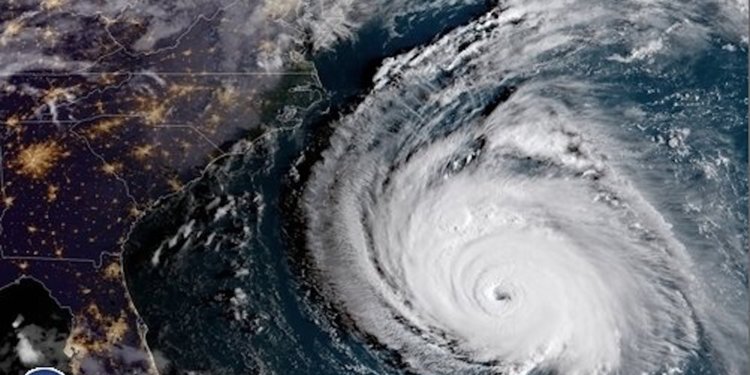
The sight of animals injured or abandoned in the wake of a disaster brings out an emotional response in most anyone seeing images of pets in jeopardy. May is time to prepare and with help from FEMA, we’ve got some ideas.
Preparing for a disaster just isn’t something most of us think about or plan for. And even fewer of us consider our pets when it comes to planning for an emergency – a major problem as most evacuation shelters or hotels will not permit pets. Do you know what you would do if disaster strikes? Where you would evacuate with Fido? Or whether you’d bring all the right pet stuff? Saturday, May 11 is National Animal Disaster Preparedness Day and Lucky & Lady® has some useful tips.
1. Have enough of everything
FEMA and other agencies recommend having enough resources on hand to sustain you and your family for three days. Put another way, expect to be alone for three days after a disaster, or even longer. In addition to everything we pet parents need for ourselves, we also need pet food, water, pet medications, collars, leashes, etc.:
- Copies of medical and vaccination records along with emergency phone numbers in waterproof envelopes or zip type bags
- Pet first-aid kit
- Plenty of pet food and water; bowls
- A can opener (for canned food)
- Poop bags
- Crates or carriers
- Clear photos of your pets
- Kitty litter and trays
- Blankets and bedding
2. Have an evacuation plan
If you’ve got to go, you’ve got to go. And if staying isn’t safe for you, it won’t be for your precious pet either. Evacuations occur quickly with little time for on-the-spot planning. Because most Red Cross shelters and hotels won’t accept pets, your plan should include where you and Fido will be accepted. Call hotels in advance and know which friends or family members are able to look after your pet.
3. Ensure your pet has his tag
Becoming separated from a pet during a disaster is, unfortunately, common. And as we’ve written about, reuniting a separated pet seldom happens unless the pet has a clearly legible tag secured to a properly fitted collar. Microchips are a great redundancy in the event the collar comes off.
4. Consider a disaster that happens when you’re not home
If there were a major flash flood, a chemical leak – anything requiring evacuation – and you were away from home, would anyone know where your pets are located or how many you have? Ensure your trusted neighbors have this information. Many pet owners display a list of pets near or on the front door to their homes. The ASPCA offers a free kit to help.
5. If you require the best care for your pets, we’re here
Lucky & Lady requires certain vaccinations and information is available on our FAQ page.






